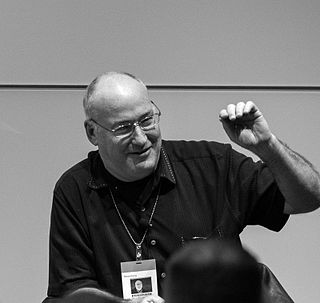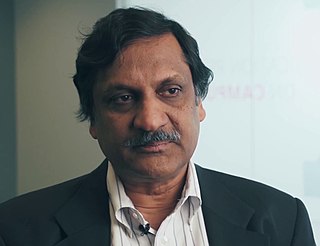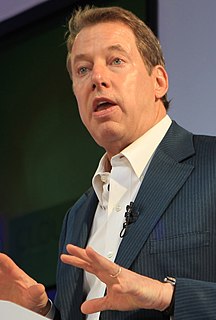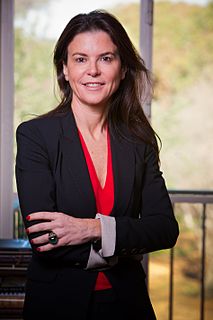A Quote by Clayton Christensen
In my first career I had founded my own company, with a group of MIT professors, before coming to Harvard to finish my doctorate, and so I had a deep respect for the brains, talent, and dedication of managers. That made it hard for me to believe the attributions in the business press that stupid management was to blame. So I looked elsewhere for an explanation.
Related Quotes
I had a certificate that said, 'Doctor of Mixology, Harvard University,' that I actually got from Harvard University. A friend of mine was a research assistant over there and it was one of those student or university perks and she brought me in on that. So I am a doctorate from Harvard and it only took me one afternoon.
Renowned management guru Peter F.Drucker looked back at his 65-year consulting career shortly before he died. He concluded that great leaders could either be 'charismatic or dull' or 'visionary or numbers-orientated,' but the most inspiring and effective managers he knew all had said we rather than I.
I took a dozen of our top managers to Argentina, to the windswept mountains of the real Patagonia, for a walkabout. In the course of roaming around those wild lands, we asked ourselves why we were in business and what kind of business we wanted Patagonia to be. A billion-dollar company? Okay, but not if it meant we had to make products we couldn't be proud of. And we discussed what we could do to help stem the environmental harm we caused as a company. We talked about the values we had in common, and the shared culture that had brought everyone to Patagonia, Inc., and not another company.
When the nazis came to power, I looked to the universities that prided themselves upon their intellectual freedom, and they failed me. I looked to the German press, which prided itself on the freedom of the press, and it failed me. Until at last the churches stood alone, and that for which I once had little regard earned my respect.
If you take a look at places like Harvard, it's striking. In the early ,50s, I think there were a handful of Jewish professors, three or four. But by the 1960s, there were Jewish deans and administrators. In fact, one of the reasons why MIT became a great university was because they admitted Jews whereas Harvard did not.
I am certain that Gadi Lesin's abilities and the experience he accumulated during his sixteen years in a variety of general management roles in Strauss Group in and outside of Israel will enable him, together with group management and all managers and employees of Strauss, to continue to take the group forward to further success.



































